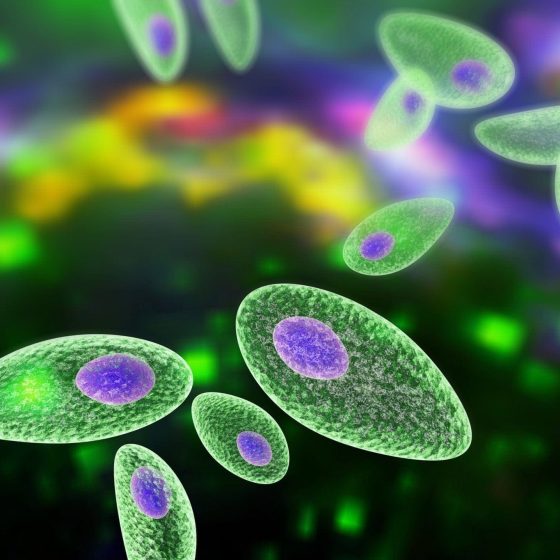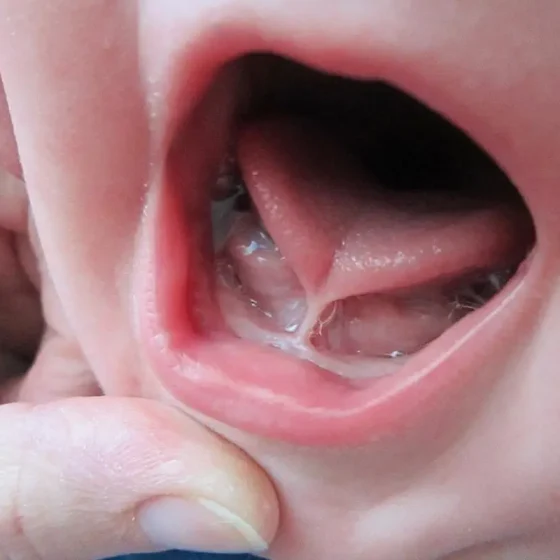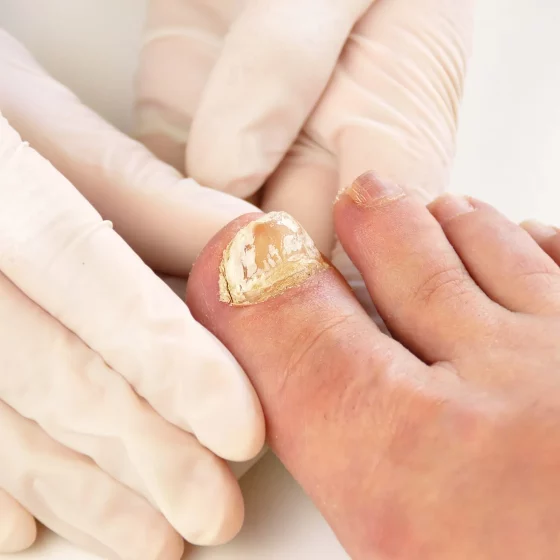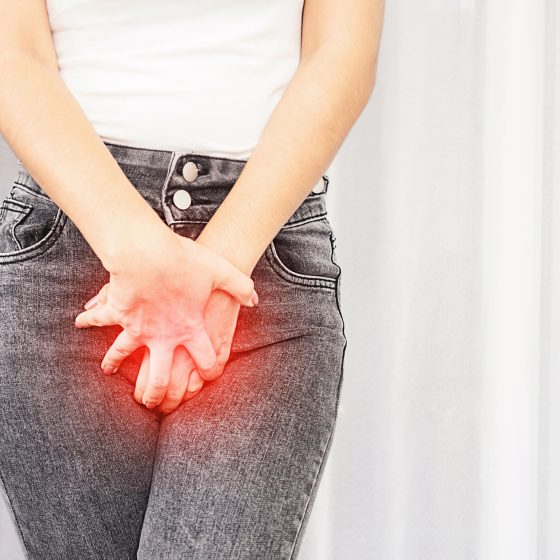How to perform CPR
What is CPR? CPR (short for cardiopulmonary resuscitation) is a first aid technique that can be used if someone is not breathing properly or if their heart has stopped. CPR is a skill that everyone can learn — you don’t need to be a health professional to do it. Try to stay calm if you need to do CPR. Performing CPR may save a person’s life. If you know CPR, you might save the life of a family member or friend. Start CPR as soon as possible CPR involves chest compressions and mouth-to-mouth (rescue breaths) that help circulate blood and












